Is there any reason to get new electric baseboard heaters?
zellycat2
7 years ago
Featured Answer
Sort by:Oldest
Comments (38)
zellycat2
7 years agoRelated Discussions
high electric bills due to hw heater
Comments (14)HW heat is not that expensive. There are little efficiency gains to a new electric hot water. An electric heating element is an electric heating element. The insulation might be a bit better but I'd expect a 10% or less improvement. The national average for electric HW is about $450 annually. So it is unlikely that your HW bill is really that high. Generally electricity is more expensive than oil for heating hot water but the amount of heat needed is not that high so the switchover doesn't help that much. There are no tax credits for oil because I think the point is to use less oil. There are tax credits for geothermal which would be an option for you but it would be a large capital outlay. Your oil bill is not that bad so you can't save that much. 85% is not bad and not worth replacing. Solar hot water with tax credits almost always pays for itself over a reasonable time period. I realize you don't want to outlay the cash but it isn't a bad idea. We paid about $6000 for a system - between state, federal, utility rebates/credits - the net was $2000. (it was a new house and so it saved about $800 for conventional so the net was really just $1200) You might need a larger system so it would be closer to $8000. And then being in NY, it might be more......See MoreNew water heater installed - cost reasonable?
Comments (5)Chlorine is a strong acid and will cause steel to rust. Iron bacteria should be removed before it gets into your plumbing through chemical treatment and filtration. If it is already in the plumbing system then a good flushing and replacing the water heater will help. Most electric companies have offers to replace gas with electric water heaters with free or low cost water heaters but you will have to pay to for the install....See MoreBaseboard Heaters: Replacing 30 year old heaters
Comments (6)dough71....take a look at this [thread[(https://www.houzz.com/discussions/i-think-i-just-made-the-worst-mistake-help-dsvw-vd~5070404) and the pictures that were posted by the OP. I’m not sure, but it looks like they built something decorative around baseboard heating. You can aske the OP about it....See MoreTemp Fluctuations with New Electric Water Heater
Comments (1)Do you plan rolling up your sleeves and with our help get your hands dirty troubleshooting this? If you want to know what to tell the plumber you hire,it doesn't work like that. If plumber need's help,have him post questions on how to fix it....See Moreklem1
7 years agozellycat2
7 years agoklem1
7 years agomtvhike
7 years agozellycat2
7 years agozellycat2
7 years agozellycat2
7 years agolast modified: 7 years agoklem1
7 years agohomepro01
7 years agozellycat2
7 years agolast modified: 7 years agozellycat2
7 years agohomepro01
7 years agoklem1
7 years agozellycat2
7 years agolast modified: 7 years agohomepro01
7 years agozellycat2
7 years agohomepro01
7 years agozellycat2
7 years agohomepro01
7 years agoVith
7 years agolast modified: 7 years agozellycat2
7 years agoVith
7 years agolast modified: 7 years agoionized_gw
7 years agoWaynette Bailey
6 years agoionized_gw
6 years agosktn77a
6 years agoWaynette Bailey
6 years agoHU-169499750
5 years agosktn77a
5 years agoHU-987299418
4 years agomtvhike
4 years agoHU-987299418
4 years agoweedmeister
4 years agow0lley32
4 years agoarmoured
4 years agomtvhike
4 years ago
Related Stories
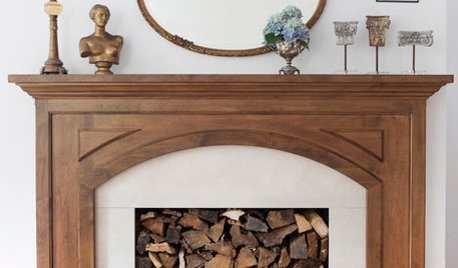
LIVING ROOMS8 Reasons to Nix Your Fireplace (Yes, for Real)
Dare you consider trading that 'coveted' design feature for something you'll actually use? This logic can help
Full Story
DECORATING GUIDES8 Reasons to Jump Off the DIY Bandwagon
You heard right. Stop beating yourself up for not making stuff yourself, and start seeing the bright side of buying from others
Full Story
WORKING WITH PROS3 Reasons You Might Want a Designer's Help
See how a designer can turn your decorating and remodeling visions into reality, and how to collaborate best for a positive experience
Full Story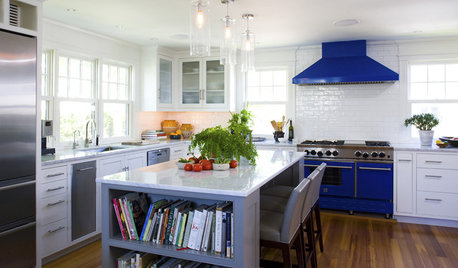
KITCHEN DESIGNSo Over Stainless in the Kitchen? 14 Reasons to Give In to Color
Colorful kitchen appliances are popular again, and now you've got more choices than ever. Which would you choose?
Full Story
BEDROOMS11 Reasons to Love White Bedding
For easy bedding that makes neutrals sing and accessories pop, look to the white side
Full Story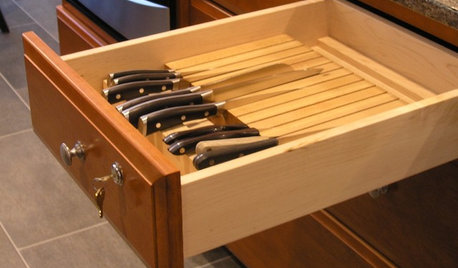
REMODELING GUIDESFrom the Pros: 8 Reasons Kitchen Renovations Go Over Budget
We asked kitchen designers to tell us the most common budget-busters they see
Full Story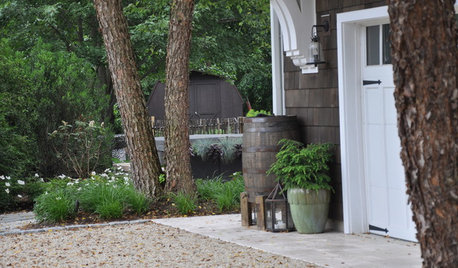
SAVING WATER6 Reasons Why You Should Save Your Rainwater Now
Collect and store during the rainy season so you’ll have water ready for irrigation when you need it
Full Story
LIFE10 Reasons to Be Happy You’re a Renter
Homeownership has many benefits, but there are upsides to not owning a home too
Full Story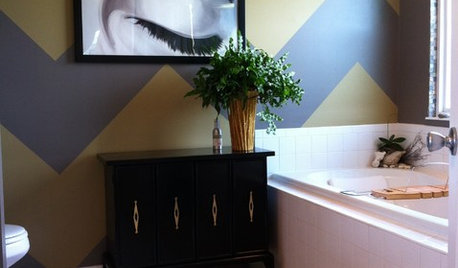
BATHROOM DESIGN7 Reasons to Give Your Bath Zone a Living Room Vibe
With a few living room–like touches, you can transform your bathroom into a practical, relaxing retreat that’s overflowing with personality
Full Story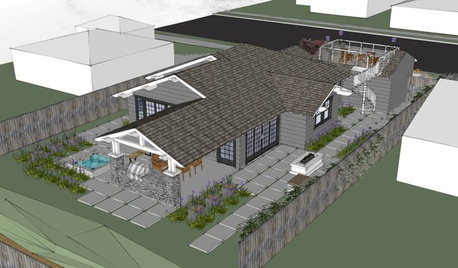
WORKING WITH AN ARCHITECTWho Needs 3D Design? 5 Reasons You Do
Whether you're remodeling or building new, 3D renderings can help you save money and get exactly what you want on your home project
Full Story


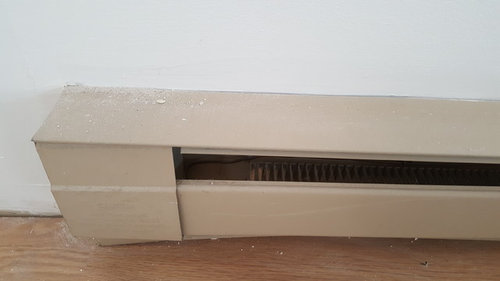

mtvhike